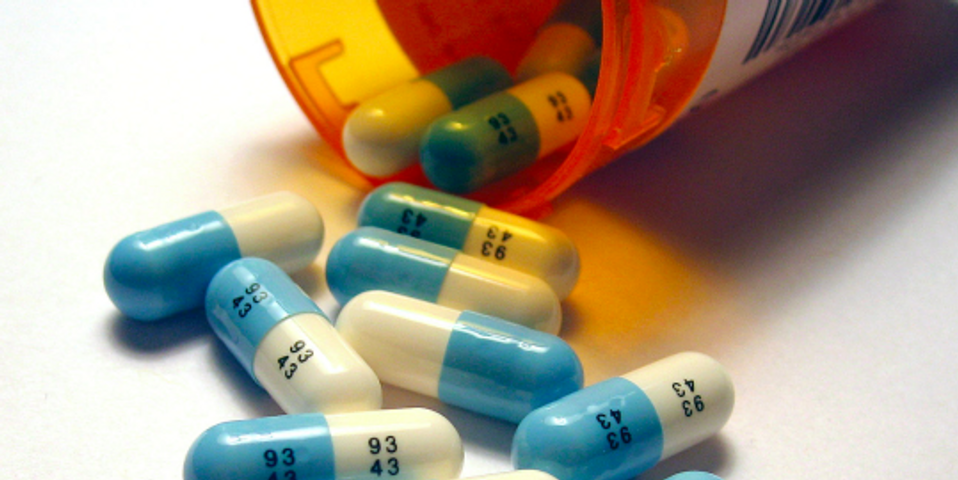Are Antidepressants Causing Dental Implants to Fail?

Brace yourself for some depressing news.
Dental patients who take antidepressant medication may be 4 times more likely to experience failure of a dental implant, according to a study done by University at Buffalo researchers. The research found that the use of antidepressant medication increased the odds of dental implant failure by 4 times and the odds doubled for each year of use.
What’s the connection?
Antidepressants can weaken bone growth, and inhibit new bone from forming around a dental implant during the healing process. Other side effects such as osteoporosis, akathisia, bruxism and dryness of mouth can also effect the implant healing process. These four side effects are a big concern to us as dentists in regard to oral and bone health.
After noticing the high number of patients reporting use of antidepressants, medical charts of the University at Buffalo Dental Clinic patients were analyzed in 2014. Of the few patients who experienced dental implant failures, the data revealed that 33% used antidepressants. For patients who did not experience failures, only 11% used the drugs.
The difference between 33% and 11% is quite remarkable and needs further in-depth analysis.
The lead investigator of the study will present the findings at the 45th annual American Association for Dental Research conference. The researchers are planning to build on the study by retesting their results on a larger scale.
In the meantime, patients should cooperate with their physicians to weigh the benefits of antidepressant medication with the side effects to reach the right balance.
If you have any questions or concerns please do not hesitate to reach out to us at Dr. Joy Lunan’s office. (203) 598-7920
About the Business
Have a question? Ask the experts!
Send your question

